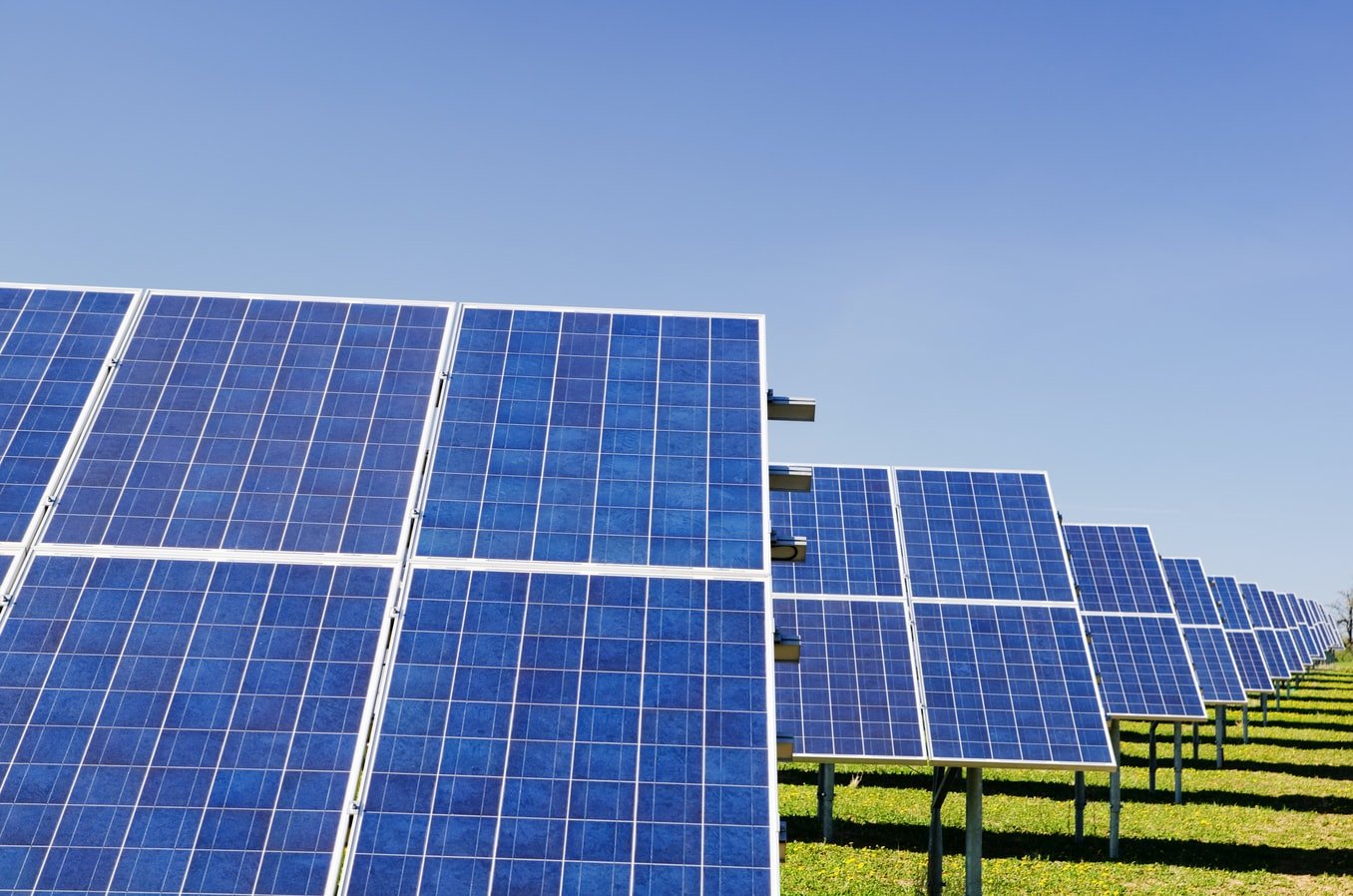A recent study by a team from the University of New South Wales has highlighted a concerning trend: climate change may be accelerating the degradation of solar photovoltaic (PV) modules, potentially undermining the performance and economic viability of solar panel energy systems.
The study, titled “Accelerated degradation of photovoltaic modules under a future warmer climate,” and published in Progress in Photovoltaics: Research and Applications focuses on monocrystalline-silicon (mono-Si) PV modules, which are widely used in solar panels due to their cost-effectiveness. In it, the researchers involved have identified that thermal degradation is a significant mechanism leading to faster degradation rates.
By 2059, the weighted average degradation rate could increase by up to 0.1% per year, resulting in an estimated 8.5% increase in power loss and a roughly 10% rise in the levelized cost of energy (LCOE). Basically, the hotter it gets- the less efficient solar panels will become, and that means the price to generate energy goes up.
Using regional climate model projections from the Coordinated Regional Downscaling Experiment (CORDEX) for Australasia, the team went as far back as 1976, and used computer simulations that ran all the way up 2059 to gauge what the region’s climate would be like in the future. The simulations were run for multiple possible scenarios where human-generated emissions were low, and a future where nothing changed and human-generated emissions were high.
Turning to the solar panels themselves, they then modeled hydrolysis degradation, thermal degradation, and photodegradation mechanisms, as well as empirically modeled degradation modes such as delamination, internal circuit failure, cell ribbon corrosion, and encapsulant discoloration. The approach was to figure out how these panels would essentially break down in varying weather conditions, humidity and moisture levels, and increased heat.
“At present, very few solar developers are taking climate change into account when they buy their panels. They should, especially those operating in humid areas,” Shukla Poddar, the lead author of the study said. “They can be more careful while selecting a new solar farm location to ensure their modules have lower chances of failure due to degradation.”
The team discovered that thermal degradation was the dominant failure mechanism, with hydrolysis and photodegradation also contributing significantly. According to the research, the panels fail due to delamination (the panels and cells fracture) and internal circuit breakdown. The findings indicated that, in both future emissions scenarios, the increase in heat will cause solar panels to literally break apart faster.
The researchers argue that this underscores the necessity of adapting solar panel module design to mitigate the effects of climate change. The authors recommend the use of heat dissipation techniques in modules to prevent degradation due to overheating. They also suggest that future research should focus on a wide range of solar technologies to identify the most climate-resilient options.
“Heat is the main way solar panels degrade and break in Australia,” Poddar said. “As the world heats up, it will go from annoyance to a very real problem.”
MJ Banias is a journalist who covers security and technology. He is the host of The Debrief Weekly Report. You can email MJ at mj@thedebrief.org or follow him on Twitter @mjbanias.

